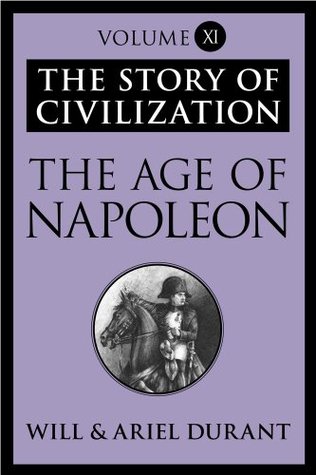OUR approach to the idealistic philosophy of Kant and his successors is obstructed by the current preemption of the word ideal for moral excellence, and by our habit, in an age of science and industry, of thinking of things perceived, and seldom of the process of perception itself. The opposite attitudes competed in Greek philosophy, where Democritus took atoms as his starting point, and Plato took ideas.
Welcome back. Just a moment while we sign you in to your Goodreads account.


